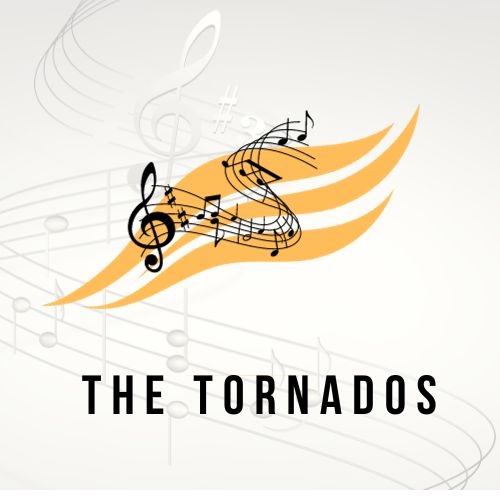Introduction
The Tornados are an English instrumental/classic rock and roll group formed during the 60s music era. Although they are regarded as a one hit wonder, their only smash hit single “Telstar” earned a distinction as being the first UK single to hit #1 in the United States. Needless, to say, it has become embedded into the minds of the oldies music aficionados. The band was the creation of songwriter/producer/music whiz Joe Meek (1929-1967). More on the Tornados here in this article.
As a session/backing band
The Tornados were the creation of English songwriter/record producer/music whiz Joe Meek (April 5, 1929 – February 3, 1967). Meek was considered as UK’s first really innovative and independent record producer. He experimented and pioneered with various instruments, sound effects, distortion as well as his trademark compression and a lot others that hadn’t been done in the music industry before.
Meek put together the Tornados originally as a session band, with its initial member consisting of guitarists Alan Caddy and George Bellamy, organist Roger LaVern, bassist Heinz Burt, and drummer Clem Cattini. The group also became a backing band for singer Billy Fury, who was one of the early British rock and roll stars.
Apart from being a session and backing band, the Tornados also performed and recorded in their own right. Although the band’s existence was short-lived, they were considered as a heavy rival to The Shadows, another famous instrumental rock and roll band not just in Britain but also in the US as well.
The Tornado’s only hit with “Telstar”
After their first single flopped, Meek had the Tornados record a number that he himself wrote, entitled “Telstar,” inspired by the communications satellite of the same name. Meek employed some of his innovations in the song including distortion, tape echoes, beeping sound effects (as if coming from a satellite) and many others. He also used other instruments such as clavioline, a kind of keyboard instrument which is run by batteries.
Released on Decca in the UK, the song became an immediate hit, topping the national chart in 1962. The song was also released in the US on London label, and went on to become the first British track in history to claim the top spot of the US Billboard Hot 100.
Plagiarism claim, and Joe Meek’s death
“Telstar” sold over five million copies during that time, which would have made Meek wealthy and The Tornados as the next big sensation. However, the success of “Telstar” became dogged with some controversy. A French composer named Jean Ledrut accused Meek of stealing the tune of the former’s own composition “Le Marche d’Austerlitz” for the 1960 movie Austerlitz.
The lawsuit prevented Meek from receiving the royalties from the record during the time he was still alive. This legal battle would drag on for the next five years, during which he eventually became plagued with debts and depression.
On February 3, 1967 Meek shot and killed his own landlady with a rifle and then turned the gun on himself, blowing his own face off. Three weeks after his suicide, the court finally ruled in Meek’s favor, which means he would have finally been able to rightfully receive royalties and profits from the sales of “Telstar” had he been still alive. It was highly unlikely that Meek knew anything about Austerlitz during the time he wrote “Telstar.”
The Tornados’ later years
The “instrumental rock” tracks fell out of favor as Britain (and eventually the rest of the Western world) became fixated on the “Mersey Sound” led by the Beatles. Despite lineup changes, by 1965 the original lineup had disbanded.
Five years later however, the group reunited as The New Tornados, again as a backing group for Fury as well as other UK artists such as Marty Wilde. In 1975 the group recorded an updated version of “Telstar.”
The Tornados are still active up to the present, led by Dave Watts who has been the band’s keyboardist since the mid-1960s

